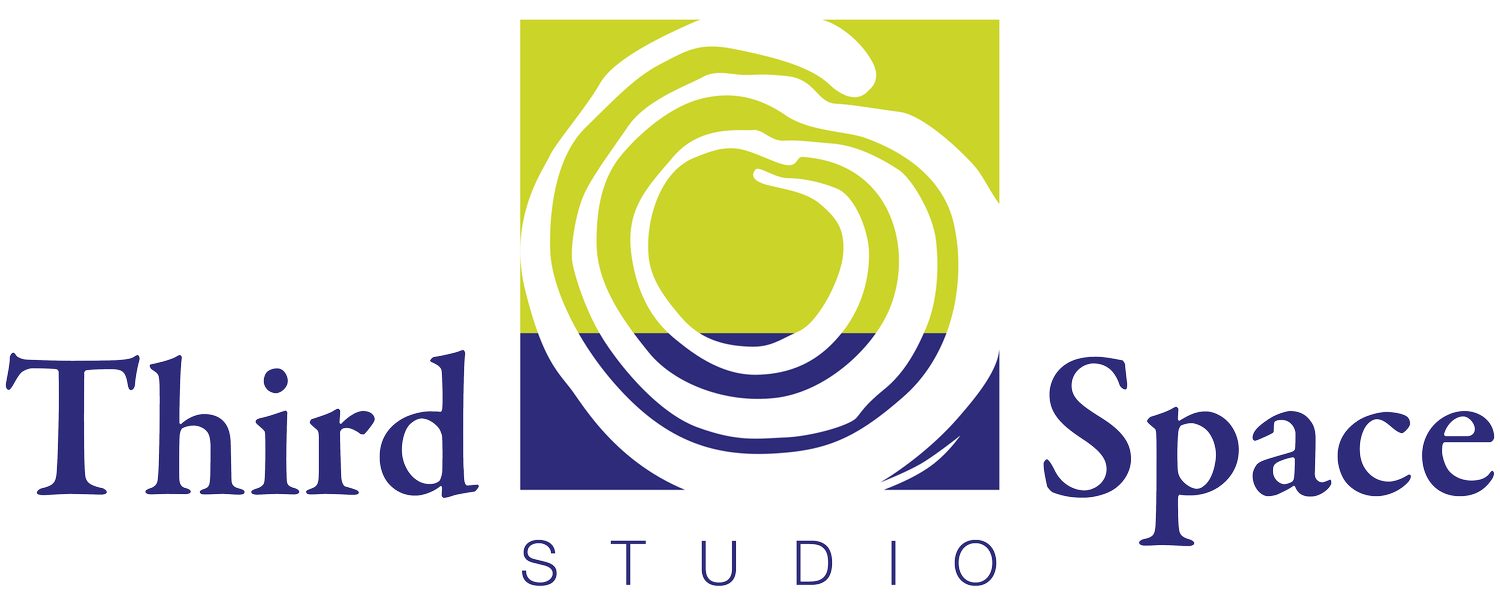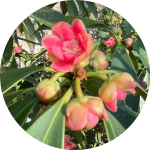Weeding
iris
My favorite spring days start with time in the garden. I listen to the birds welcome the day with chirps and trills. I breathe in the cool damp air. I marvel at the blossoms and buds. Some mornings, I plant. Every morning, I weed. As I bend down to pluck out green shoots, I stretch and notice how my body feels. Garden time also yields reflections I apply to my work life.
star anise
On a recent morning, I was a little more focused than my usual meander. I had dug up the plum yew trapped under the guava, and it needed its roots back in the ground. I finally knew where I wanted to plant the bugbane. The hosta growing under the edgeworthia would be a good addition to the new bed of hostas on the other side of the garden. As I dug up the hosta, I noticed a blooming shrub that I did not remember as a bloomer. My trusty plant identifier app reminded me that it is a star anise. As I gazed on the delicate small pink flowers and waxy leaves, I spied a set of leaves that did not belong. Privet is a fast growing invasive that can crowd out other species. Fortunately, the woody stems are easy to yank out of the ground.
wood spurge
When I turned my attention to planting the bugbane, I found myself returning to the task of removing wood spurge. A neighbor gave me a bucket full to fill in gaps the year my backyard garden was new. Now, it is taking over the places where I want to plant other species. So out it goes.
Here are some of the reflections from my time planting and weeding:
Follow your own rules. My garden is my own mix of plant likes. Some gardeners might think that some of what I grow are “wild plants in competition with the cultivars”. I have allowed some privet to form an arch over the pathway near the shed. There are species considered native to the Southeast and species from faraway. The star anise is native to Southeast Asia. The bugbane is a shade tolerant perennial native to the Northern Hemisphere. I’m waiting for the elephant ears that stampeded through the garden last summer to poke their heads up once again. In my own work world, I can get captivated by the stories of others’ time management practices only to discover that they don’t really work for me. Finally, after decades of tracking other people’s practices, I’m focusing on what works for me and weeding out what does not serve me.
Establish boundaries. I can get overwhelmed if I notice all that needs to be weeded. I’ve learned to think about my garden as zones. I do my best to focus my attention in the “zone of the day” so that I am not distracted and overwhelmed by the full scope. I do this with my daily to-do list mapping out when I will dedicate time and attention to a priority item on the list. An executive director I know dedicated one day a week to fundraising. She knew it was not likely to get done if it did not have a defined space.
Be ruthless in removing what no longer serves the overall purpose and direction. Both my consulting practice and my garden are decades old. Just as there are plants in the garden that no longer fit the overall vision for the garden, there are client requests that no longer fit Third Space Studio’s vision for our client service. We are learning to be ruthless – though gentle – in saying no and referring clients to others who can better serve them. Heather and I often see nonprofits who are hanging on to programs – and even to staff – that are no longer serving or being served by the organization. It’s hard to let go but when done with grace, other projects and people flourish.
Make it a routine practice. I don’t make it to the garden every morning - and while I’m away the weeds flourish. I do try to rotate through each of the seven zones I have established at least once a week during peak growing season. The sustained focus lightens the workload. I have to admit that daily practices in my work life are hard for me. I am a rebel who actively resists routine. I do regularly reach inbox zero and frequently unsubscribe from marketing emails. I can put off administrative tasks in favor of conversations with colleagues and clients. When I do it for too long, the effort to reach order can mean tackling a weedy mess. Routines do lighten the load. A lesson I am still learning.
Do you have a garden or other hobby? What have you learned from your hobby that you might apply to your work life?
Meredith




